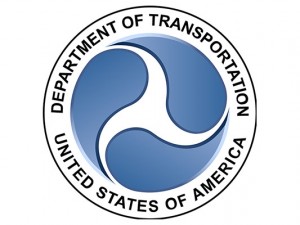DOT seeks staff increases to help issue new trucking regulations
From Freight Waves. Federal agencies responsible for truck safety are requesting significant staffing level increases to help issue and oversee new regulations in fiscal year 2023. According to the FY23 budget request released by the White House on Monday, the Federal Motor Carrier Safety Administration will look to boost full-time staffing levels from 1,186 positions…

From Freight Waves.
Federal agencies responsible for truck safety are requesting significant staffing level increases to help issue and oversee new regulations in fiscal year 2023.
According to the FY23 budget request released by the White House on Monday, the Federal Motor Carrier Safety Administration will look to boost full-time staffing levels from 1,186 positions that were part of the agency’s 2022 budget estimate to 1,285 in the FY23 request, an 8.3% increase. The National Highway Traffic Safety Administration is requesting a 20% increase — from 357 to 428 full-time positions.
“Most of those positions are to advance rulemakings, including heavy truck safety rules,” said NHTSA Deputy Administrator Steven Cliff, speaking at a media briefing on Monday.
FMCSA and NHTSA in February highlighted four rulemakings scheduled this year aimed at improving truck safety, including an update to safety fitness procedures used to rate truck compliance, automatic emergency braking for new trucks and the safe integration of autonomous driving systems.
FMCSA is also planning on issuing an advanced rulemaking on unique identification for trucks and trailers to help better target roadside safety inspections. In addition, FMCSA and NHTSA plan a joint rulemaking responding to petitions from American Trucking Associations and Roadsafe America to require the installation of speed-limiting devices on heavy vehicles.
The budget request would provide $2.5 billion in total funding for FMCSA ($874 million) and NHTSA ($1.59 billion), a 52% increase from the $857 million provided for the agencies in the FY2021 enacted budget (as opposed to 2022 budget estimates).
See the complete article online at Freight Waves.
